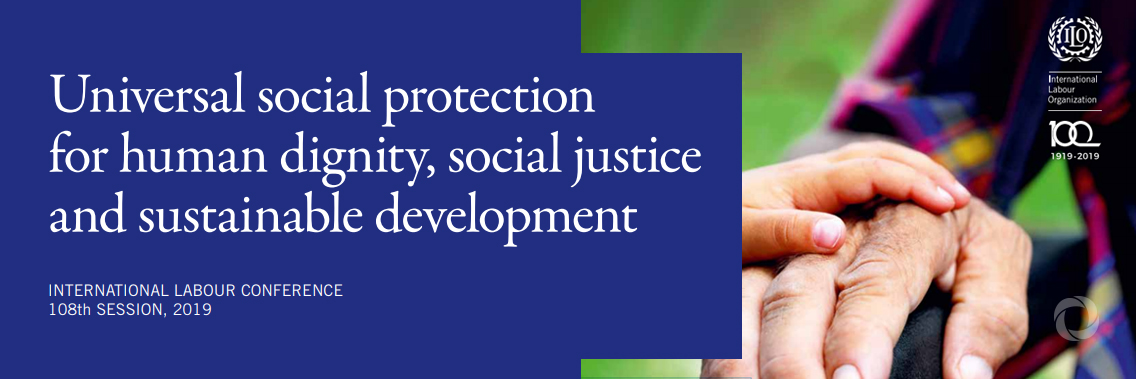More than half of the world’s population lacks access to essential health care and just 29 percent have comprehensive social security coverage, according to a new International Labour Organization (ILO) report on the implementation of social protection in more than 100 countries.
Globally, only 68 percent of persons of retirement age receive some form of pension, and in many low-income countries, this drops to just 20 percent. Fewer than 60 percent of countries reported that they had schemes or benefits to ensure income security for children.
The Survey, published under the title Universal social protection for human dignity, social justice, and sustainable development focuses on the ILO’s Social Protection Floors Recommendation, 2012 which calls for basic income security and essential healthcare guarantees from childhood to old age. It also aims to encourage greater levels of protection for as many people as possible, as soon as possible.
It found that while universal health coverage has been achieved in many high- and middle-income countries, in many countries the population only has access to certain components of health care.
The main deficits in essential health care access relate to the underfunding of health protection, shortages of health workers and high rates of out-of-pocket payments. This results in an increased risk of impoverishment and financial hardship, which is found in all regions of the world.
The report says that more effort is needed to establish universal health coverage in both law and practice, including the reallocation of budgets and an increase in the number of health workers.
Important gaps also remain in establishing basic income security. The report recommends that countries set clear objectives, with precise time frames, to extend adequate social protection for all, covering basic needs. Such policies should be shaped through inclusive and effective dialogue with workers’ and employers’ organisations, as well as other stakeholders.
Read and download the report: Universal social protection for human dignity, social justice and sustainable development.
Original source: ILO
Published on 11 March 2019

